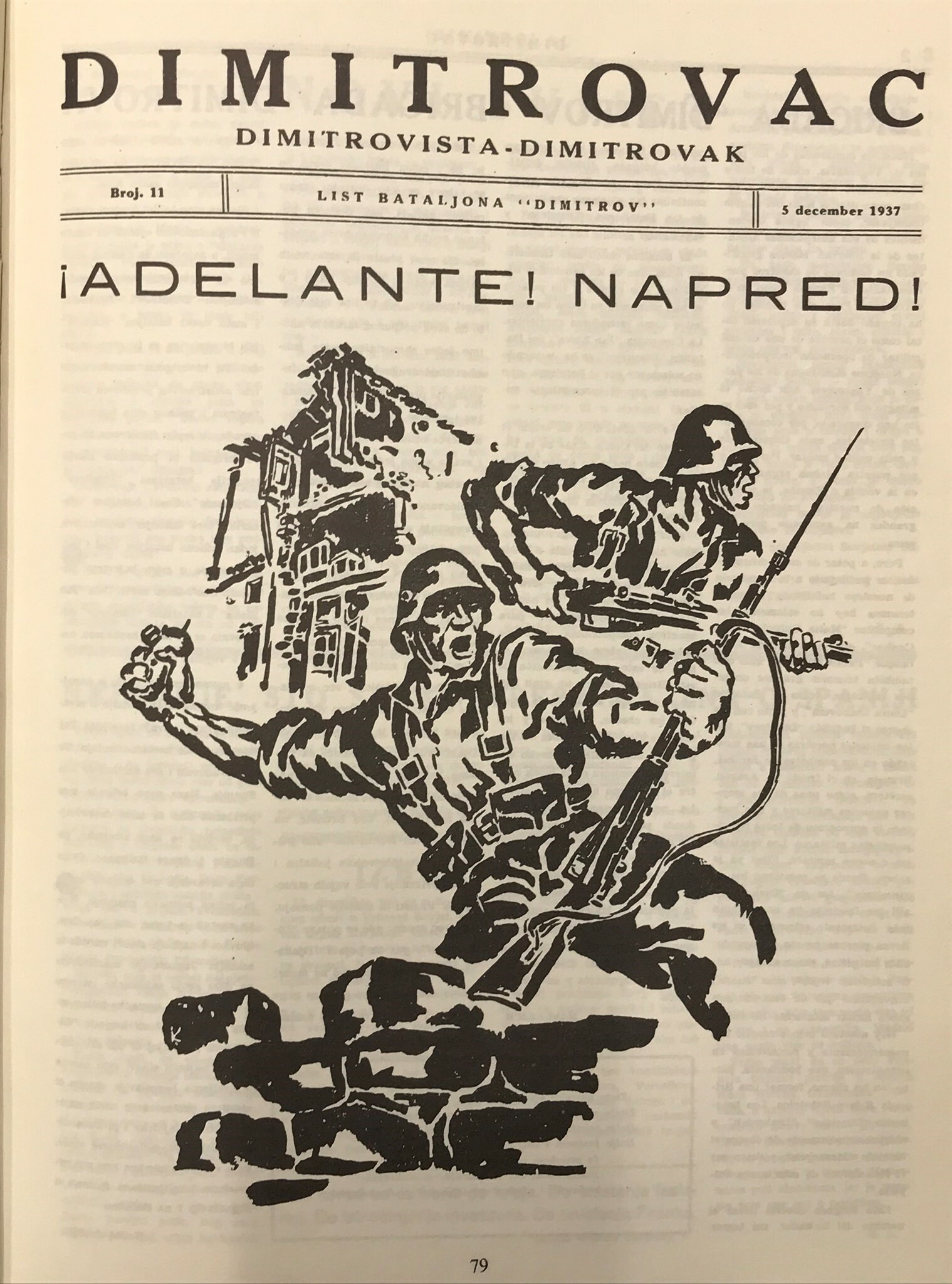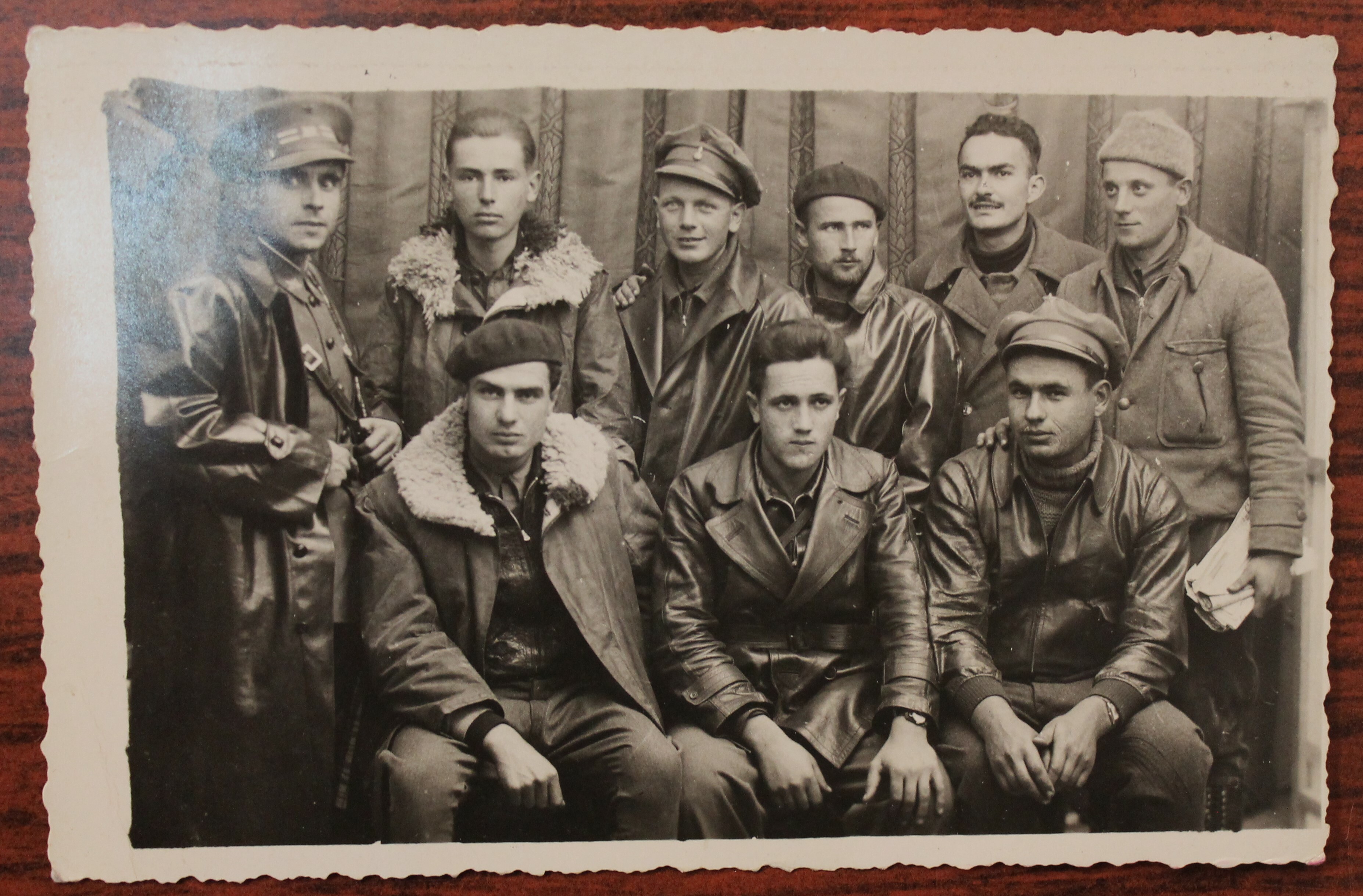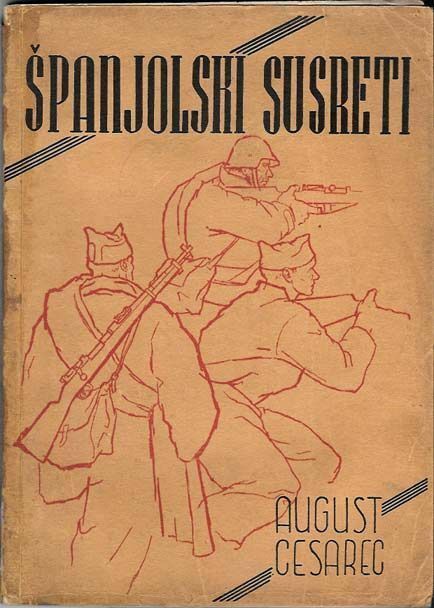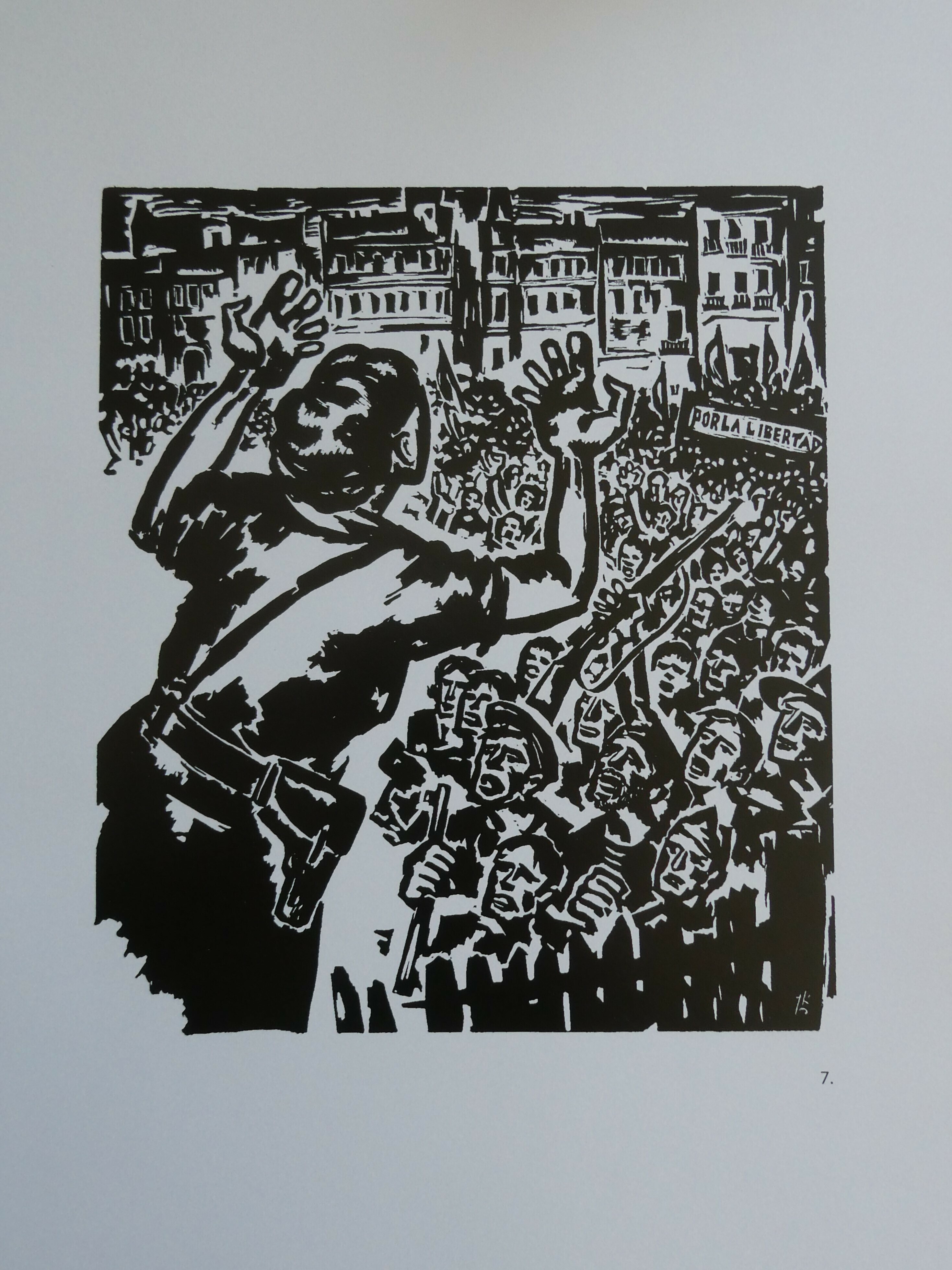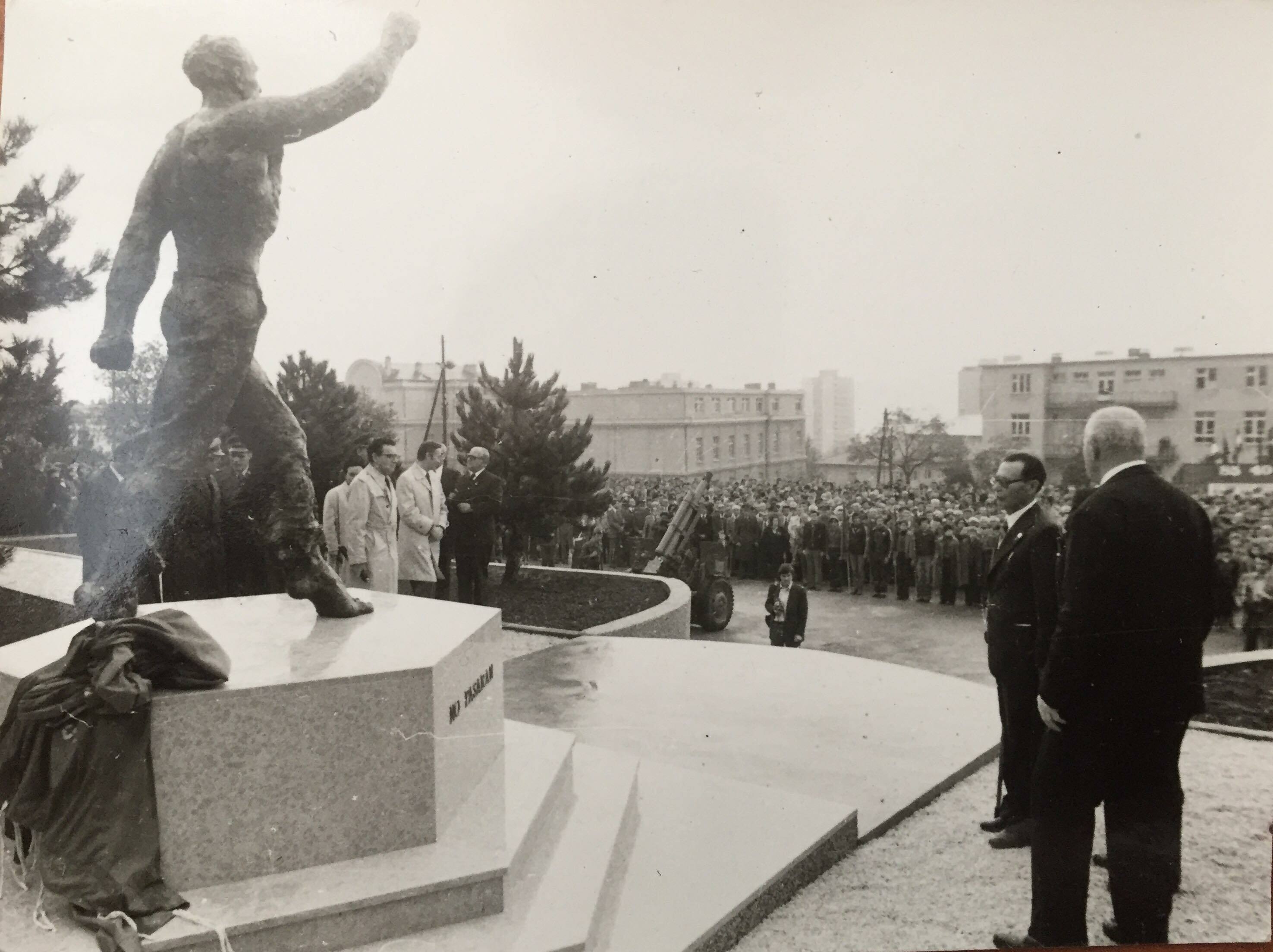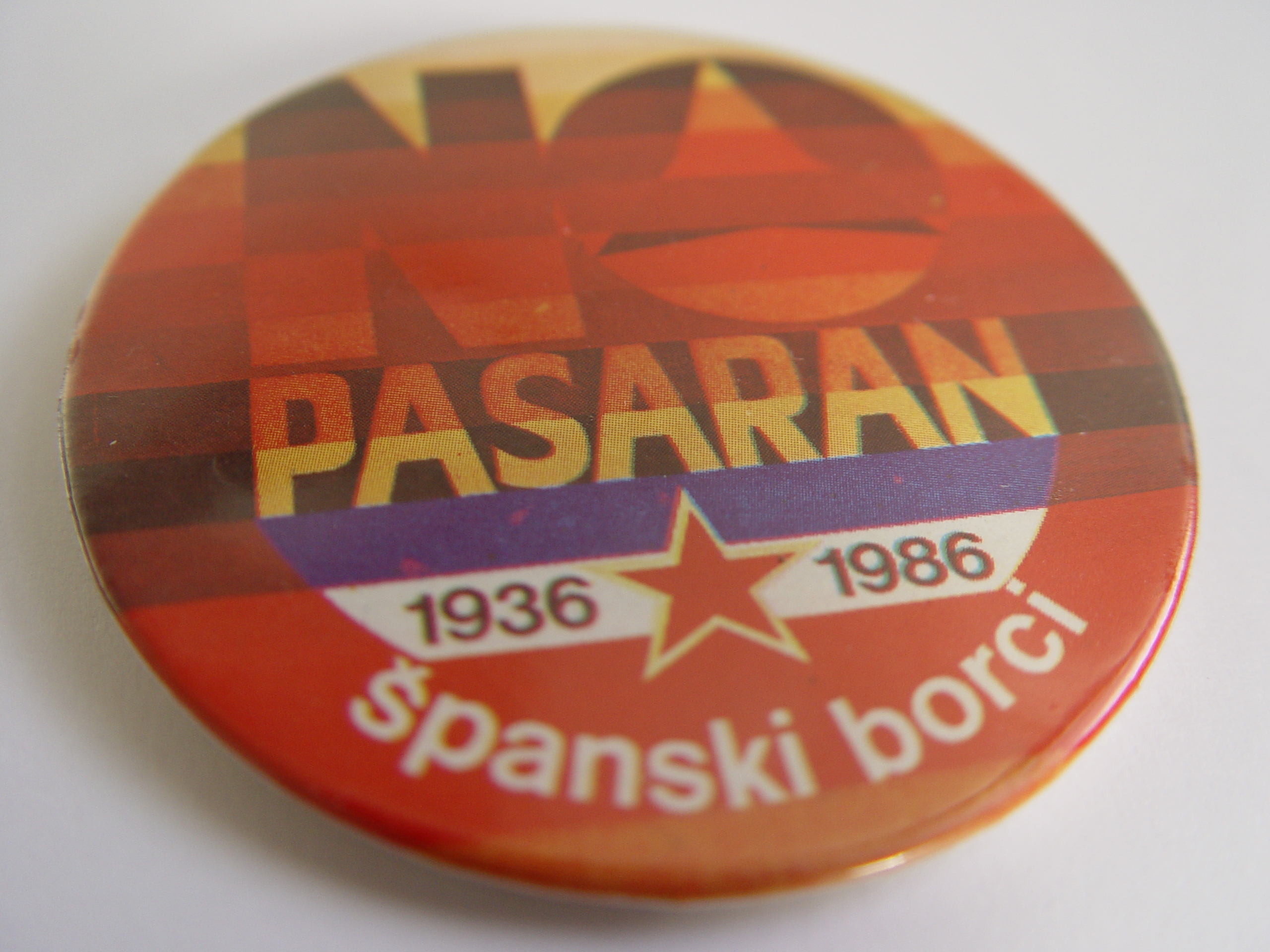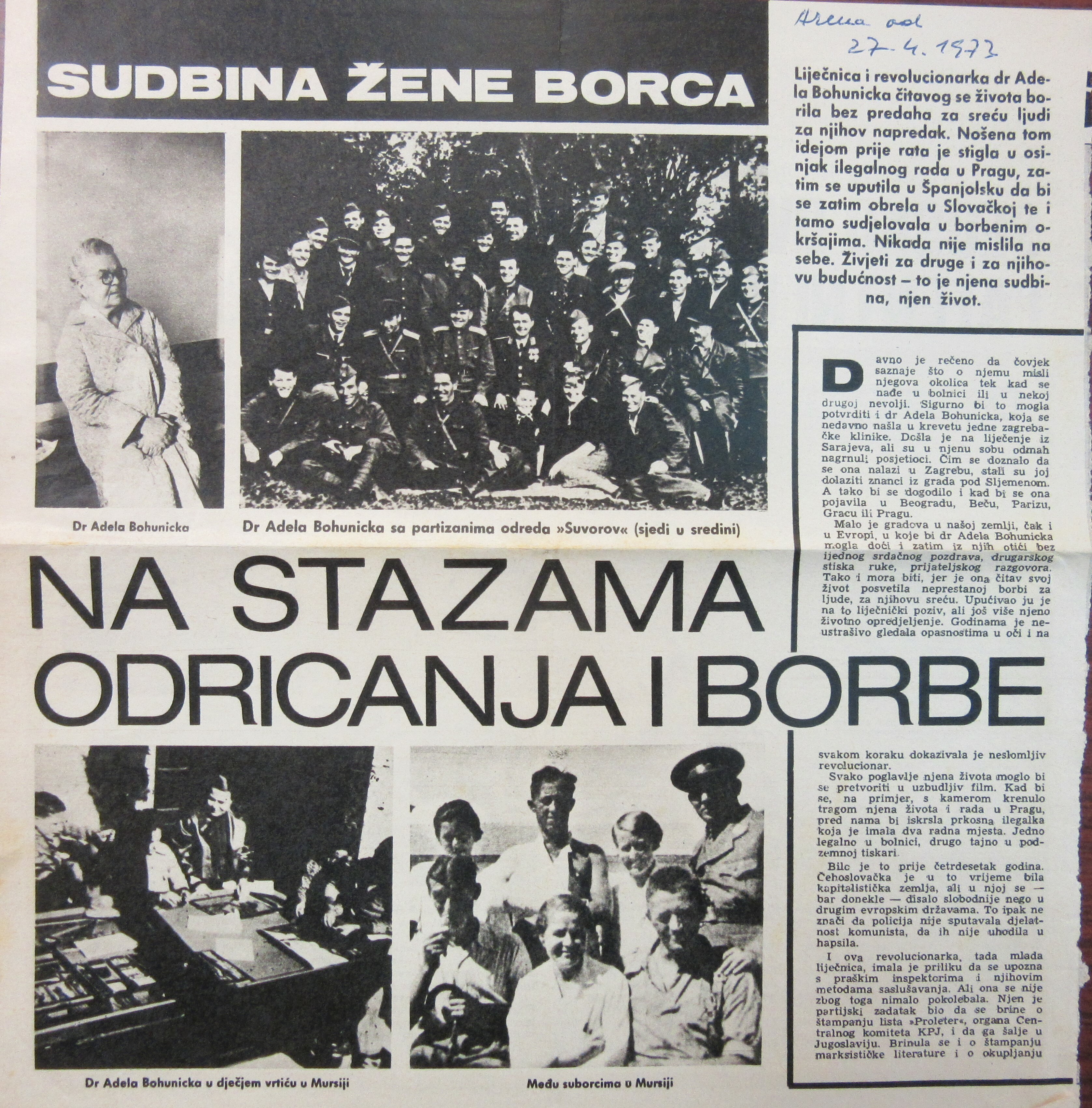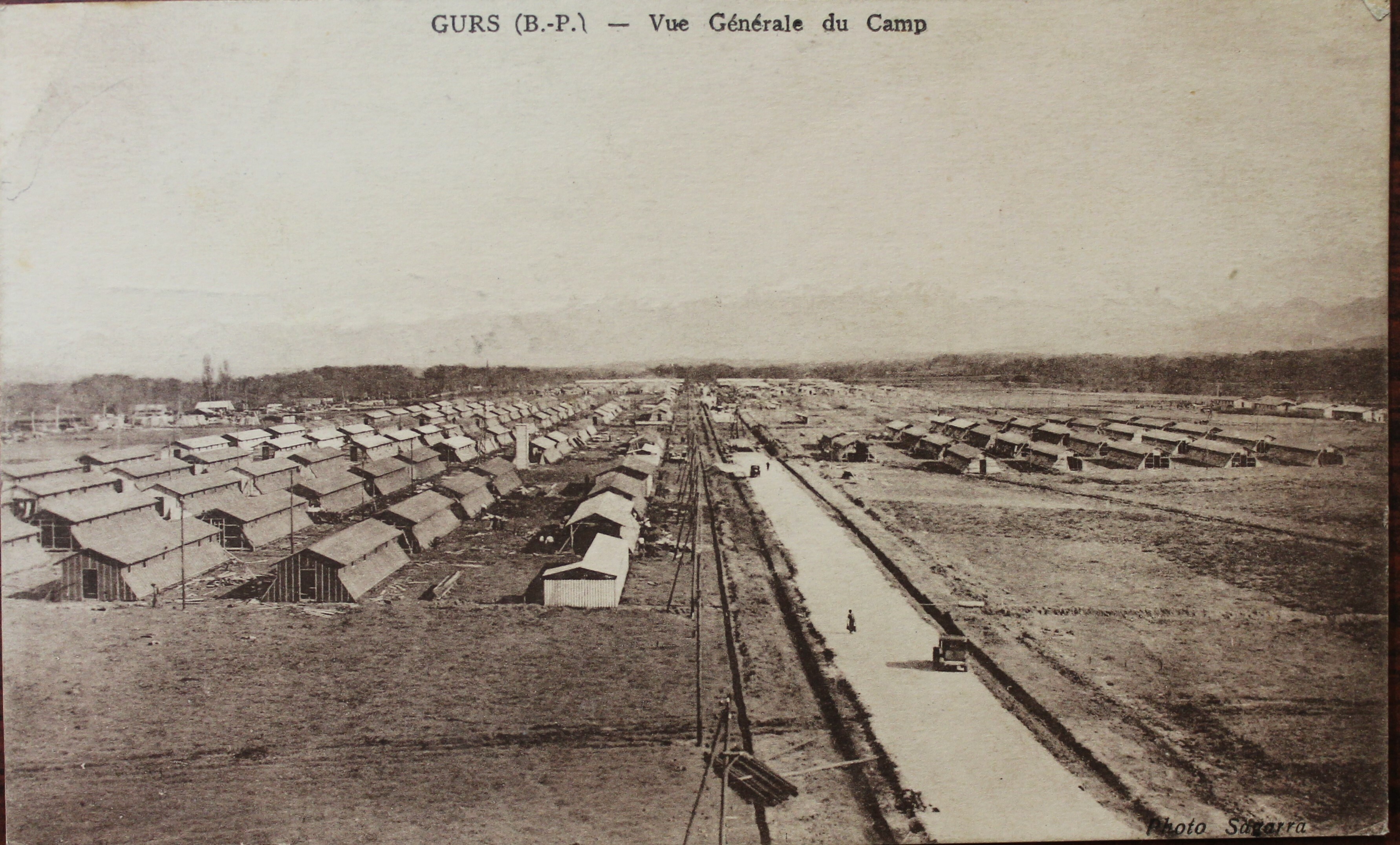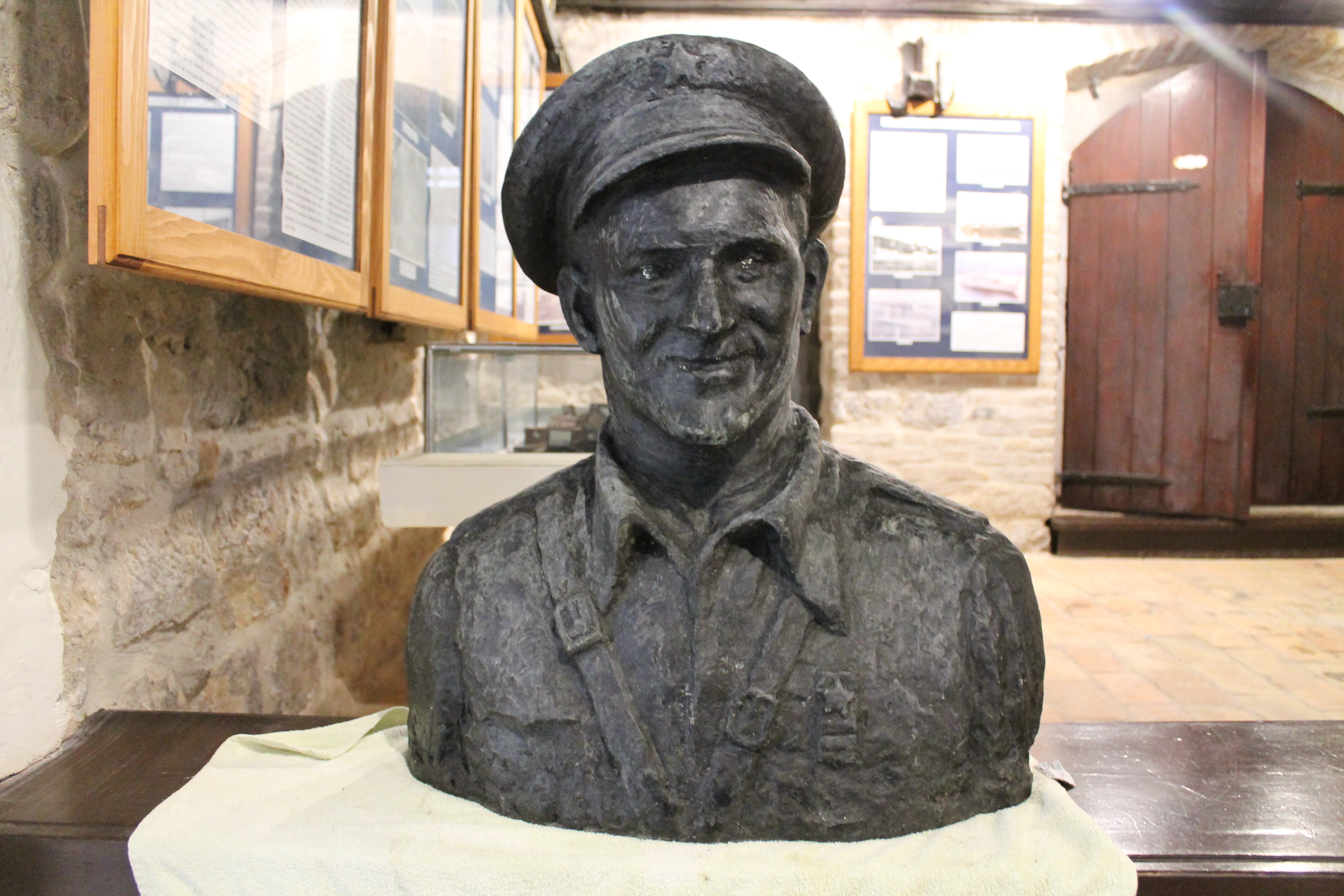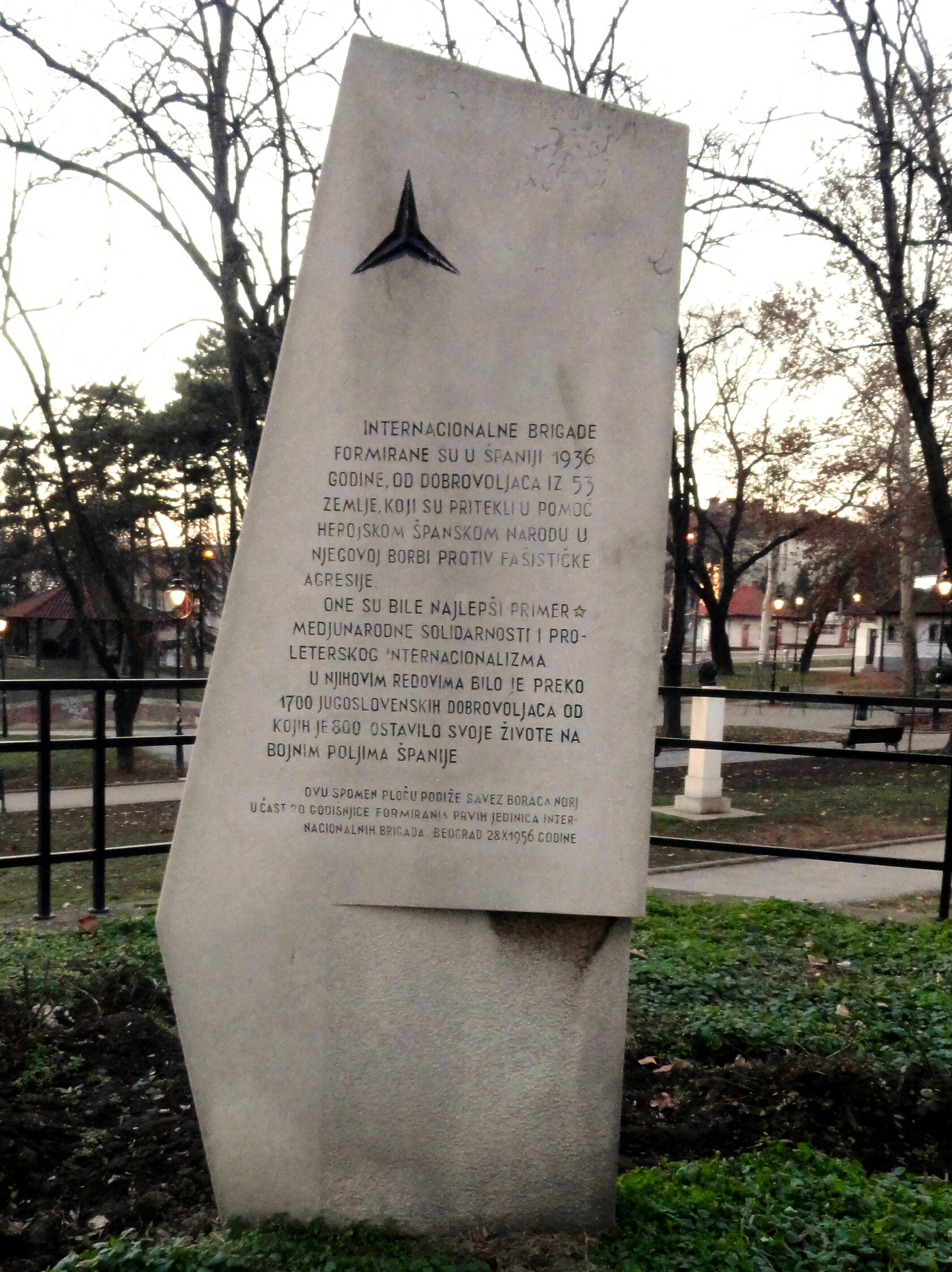Nearly ninety years after rebel army officers fired the first bullets against their own government, the Spanish Civil War (1936-1939) continues to spark passionate debates in Spain as well as internationally. For the Left, the war in Spain remained a romanticized “lost cause”, even in countries such as Yugoslavia where revolutionaries took power after 1945. While the almost 2,000 known Yugoslav volunteers on the Republican side did not represent a big enough contribution to affect the outcome against the Francoists, their numbers were significant considering the overall population of interwar Yugoslavia and their subsequent impact on the Partisan resistance movement that emerged victorious at the end of the Second World War.
The memory of the Spanish Civil War was not only embedded in the official historiography of socialist Yugoslavia, but was also preserved through the Spanish veterans’ organization, publications, memoirs and serials in newspapers, monuments, commemorations, museum exhibitions, educational outreach, and documentary films. The objects selected for this virtual exhibition were partly drawn from the materials that had already constituted the official narrative of the Yugoslav volunteers, which was integrated into the broader People’s Liberation Struggle that formed the foundation of socialist Yugoslavia’s legitimacy. The central revolutionary museums in Belgrade, Sarajevo, and Zagreb all had exhibitions dedicated to the Yugoslavs in the International Brigades as part of the prehistory of the Partisan guerrilla movement, especially related to those individuals who had fought in Spain and subsequently had become Partisan leaders. During Yugoslavia’s bloody dissolution in the 1990s, the historiography of the Spanish Civil War underwent dramatic ideological revisionism along with the overall reinterpretation of the antifascist struggle. The Partisans were recast as fanatical Stalinists led by Tito, allegedly a blood thirsty NKVD assassin, while Axis collaborators were whitewashed of their monstrous wartime crimes and were commemorated as victims of communist terror. In an effort to restore the Yugoslav volunteers to their rightful place in Spanish and post-Yugoslav historiography, the objects in this virtual exhibit focus on several of the individuals who were committed to fighting against fascism in Spain, as well as cultural expressions of remembering (art, literature, monuments) which reflect the historical moment of solidarity with the Spanish Republic.








